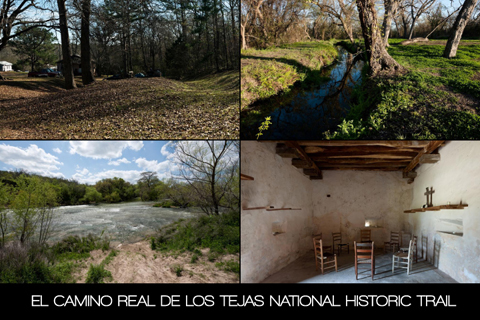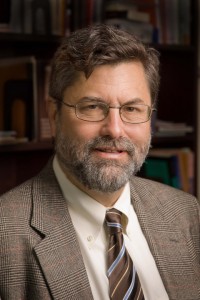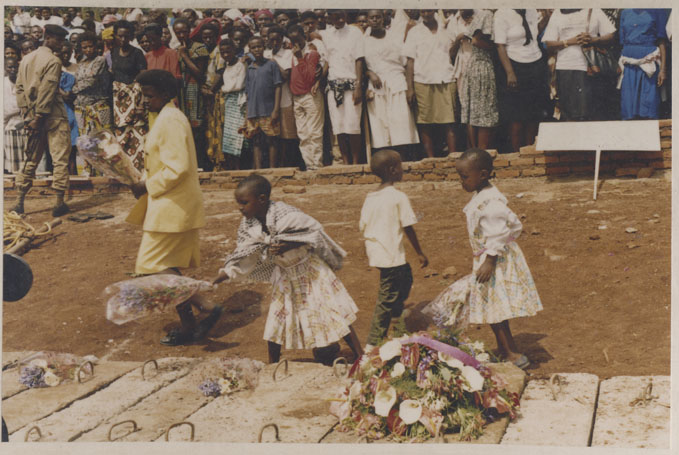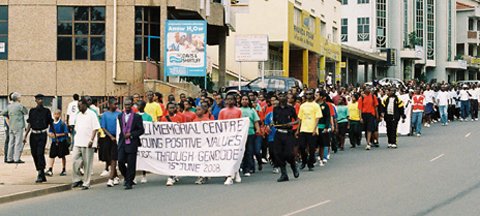%CODE1%
Mario Vargas Llosa was awarded the 2010 Nobel Prize in Literature on Thursday.
Though he holds Spanish dual citizenship and currently resides primarily in London, his birth, his background and his oeuvre make him thoroughly Peruvian.
In announcing the award, the jurors cited Vargas Llosa’s “cartography of the structures of power and his sharpened images of resistance, rebellion, and defeat of the individual.”
The author’s published works, in Spanish and translated editions, are held in the Benson Latin American Collection and other campus libraries, and a chapter from Vargas Llosa’s upcoming novel is available online.
Jorge Mario Pedro Vargas Llosa (1936- ) was born in Arequipa, Peru, a provincial capital south of Lima. He spent his youth with his mother and members of her family in Cochabamba, Bolivia, Piura, on the northern coast of Peru, and Lima, where he attended San Marcos University and published his first pieces of fiction. In 1958, Vargas Llosa graduated from university and received a scholarship for study in Madrid, beginning a twelve-year residence abroad.
While living in Europe– first Madrid, then Paris and London– he worked as a journalist and wrote novels that gained critical acclaim. La Ciudad y los perros (1963) won the Premio de la Critica Española despite stirring animosity in Peru for its thinly-veiled criticism of the ruling military. Publication of La Casa verde in 1965 firmly established Vargas Llosa as a member of what came to be known as the “Latin American Boom,” a generation of writers that include fellow Nobel laureate Gabriel García Márquez and Carlos Fuentes. Film aficionados may recognize La Tía Julia y el escribidor from its film adaptation as Tune in Tomorrow.
Vargas Llosa’s novels introduce his readers to Latin America’s rich legacy of historical characters. La Guerra del fin del mundo evokes events of Brazil’s 19th century internal war and La Fiesta del chivo reflects on the last days of the Dominican dictator Rafael Trujillo. Two novels, Historia de Mayta (1984) and Lituma en los Andes (1996) are set in the events of Peru’s intestine struggle with the guerrilla group, Shining Path. This traumatic period in Peruvian history inspired Vargas Llosa to more than fiction. He became a candidate for the presidency in the 1990 election. His defeat by the now incarcerated Alberto Fujimori proved a blessing for a man whose artistic skills far surpass his politics and for those of us who find pleasure in reading.
Since the 1990s, Vargas Llosa has resided primarily in London. He was awarded Spanish citizenship in 1993 and elected to the Real Academia Española in 1994. He has become an articulate spokesman for the importance of the Spanish language and Spanish culture. This fall Vargas Llosa is living in Princeton as a Distinguished Visitor and, now, a Nobel laureate.
David Block is Latin American Studies Bibliographer at the Benson Latin American Collection.







